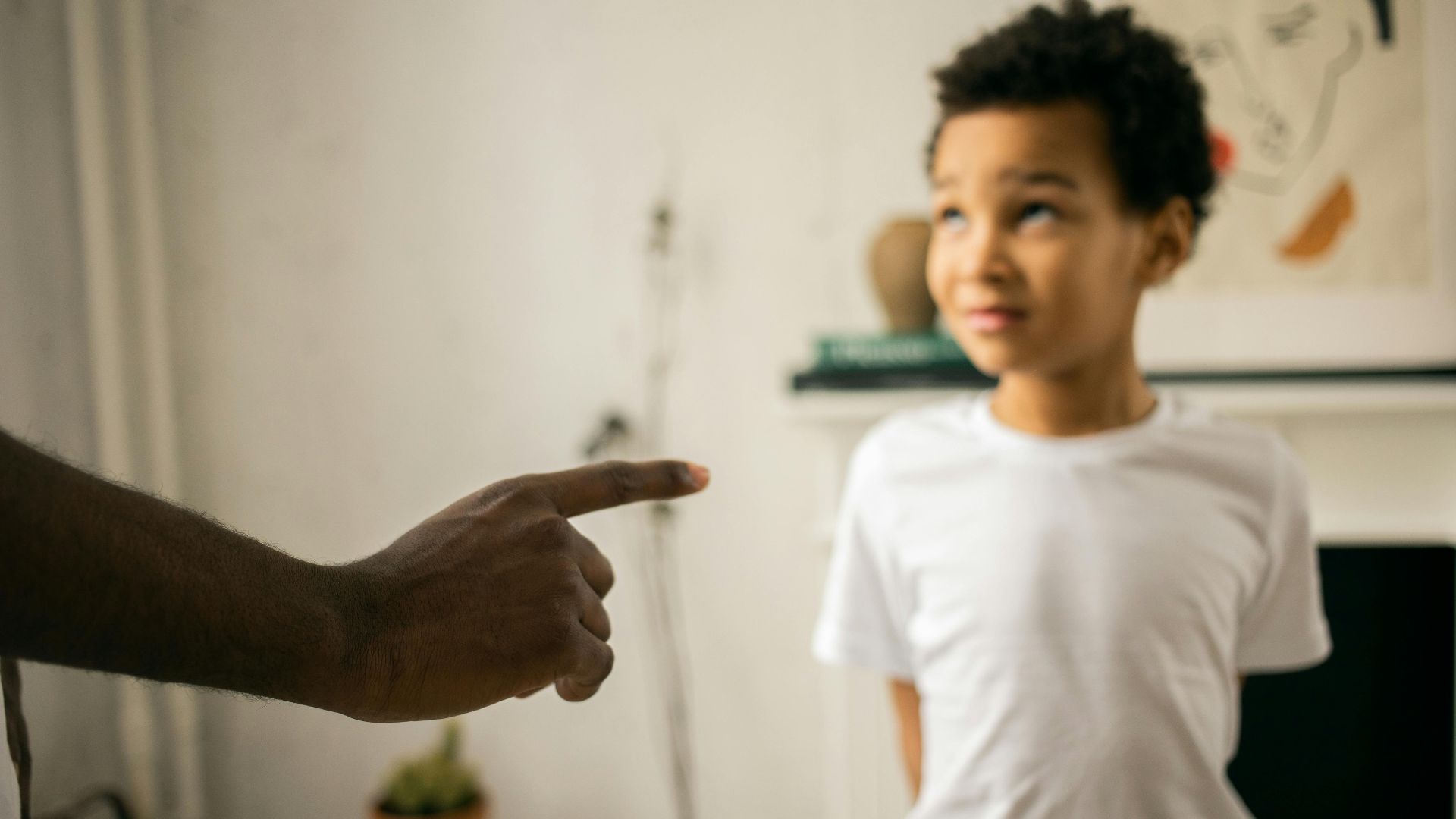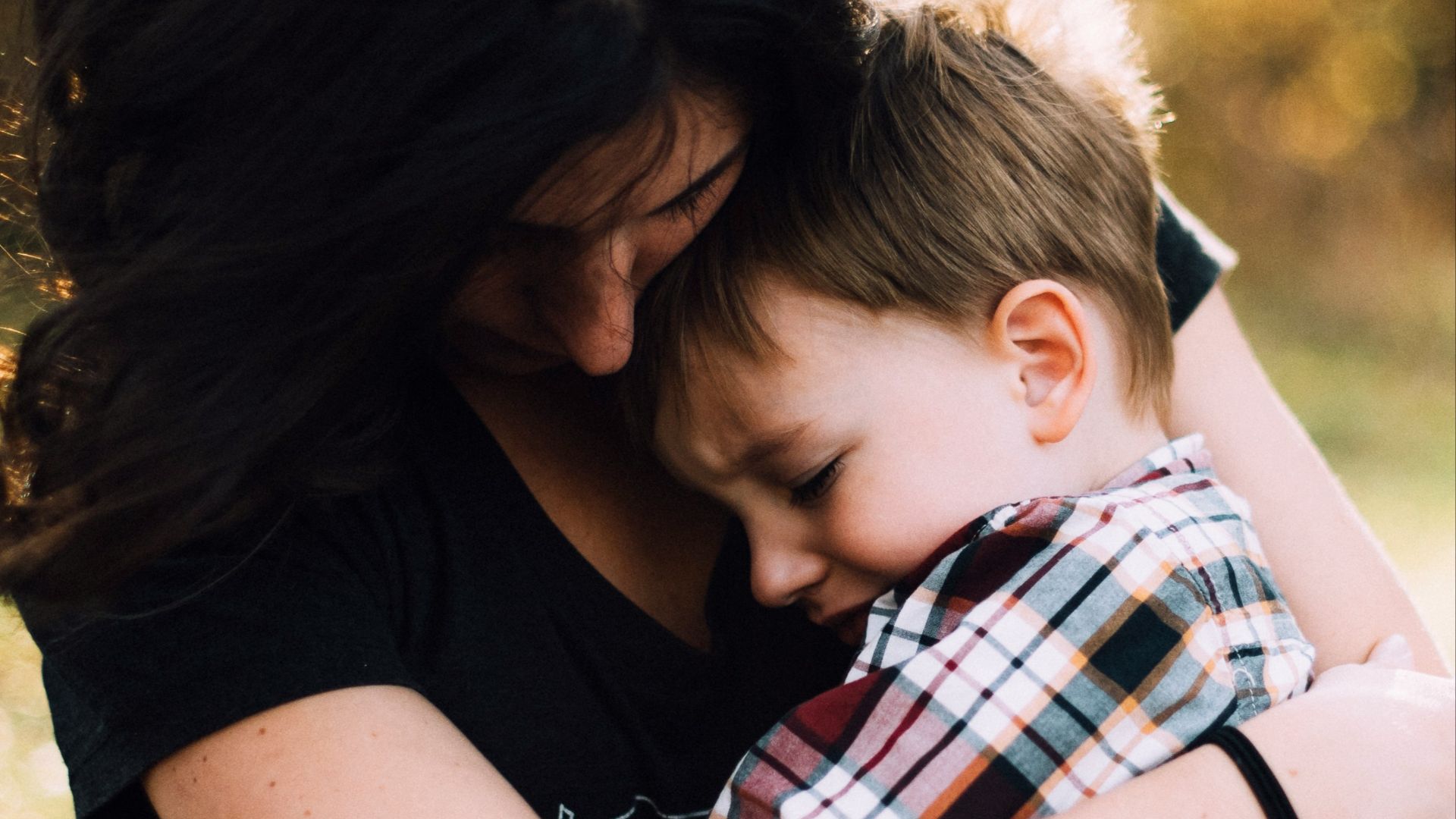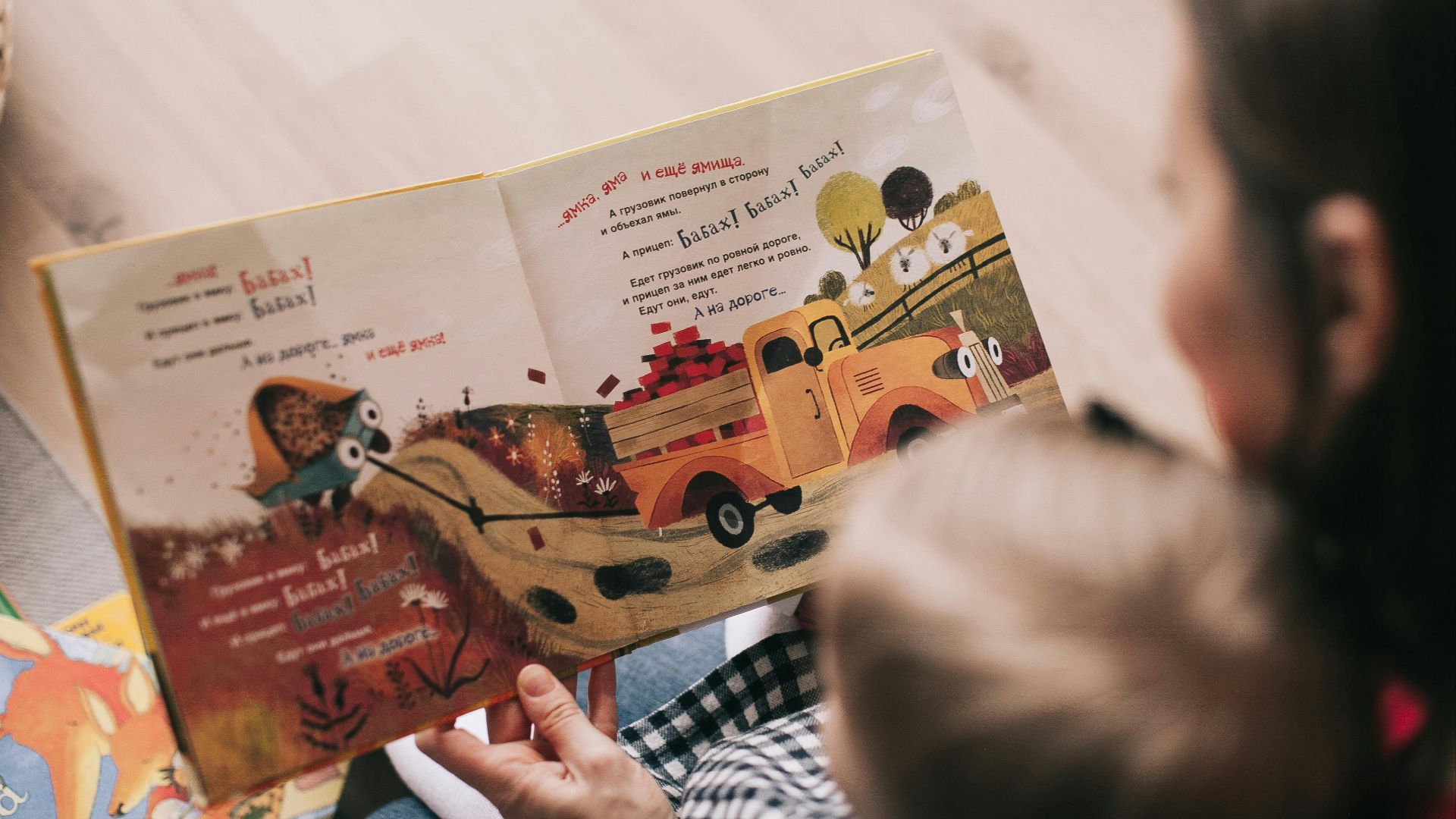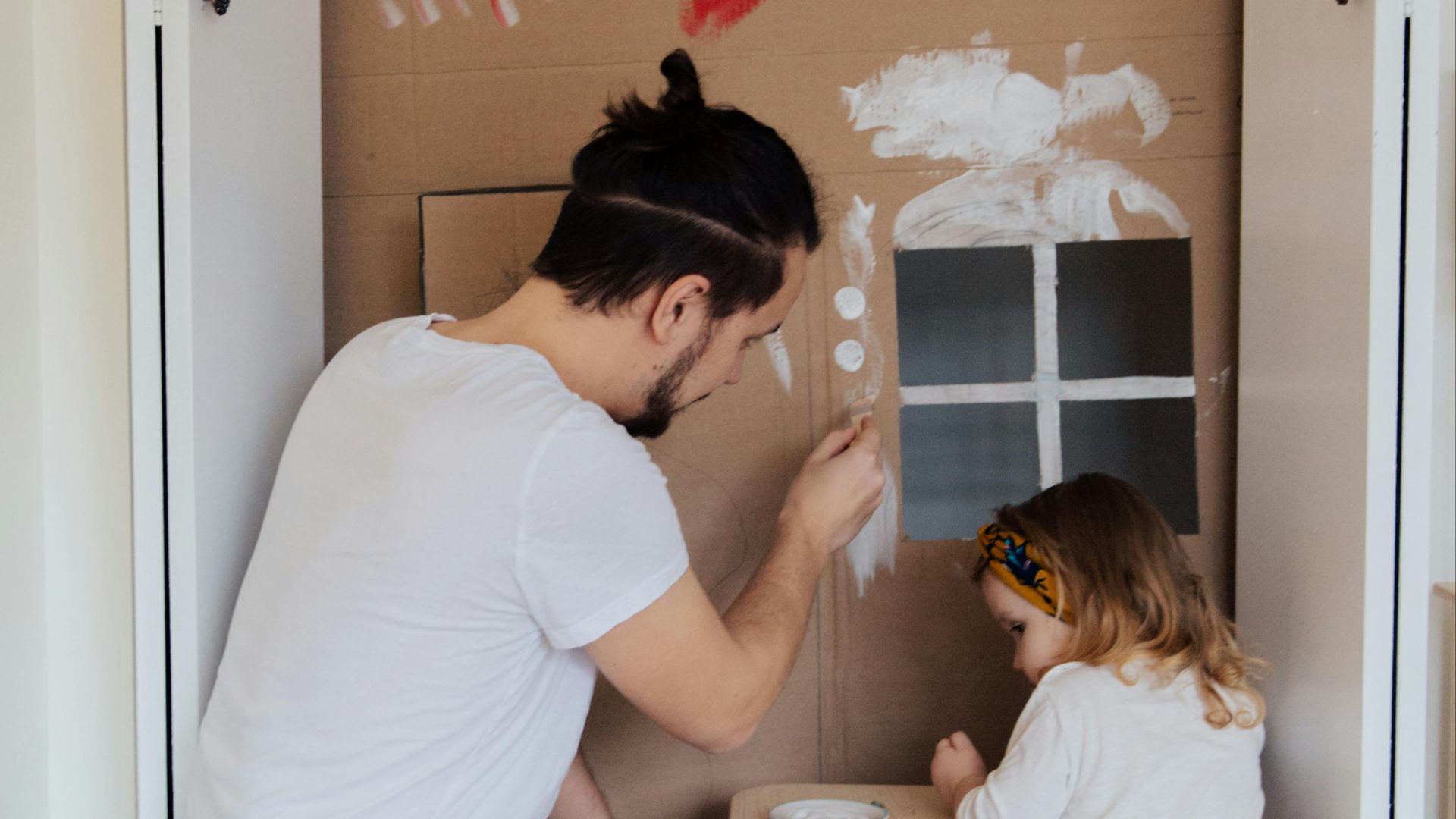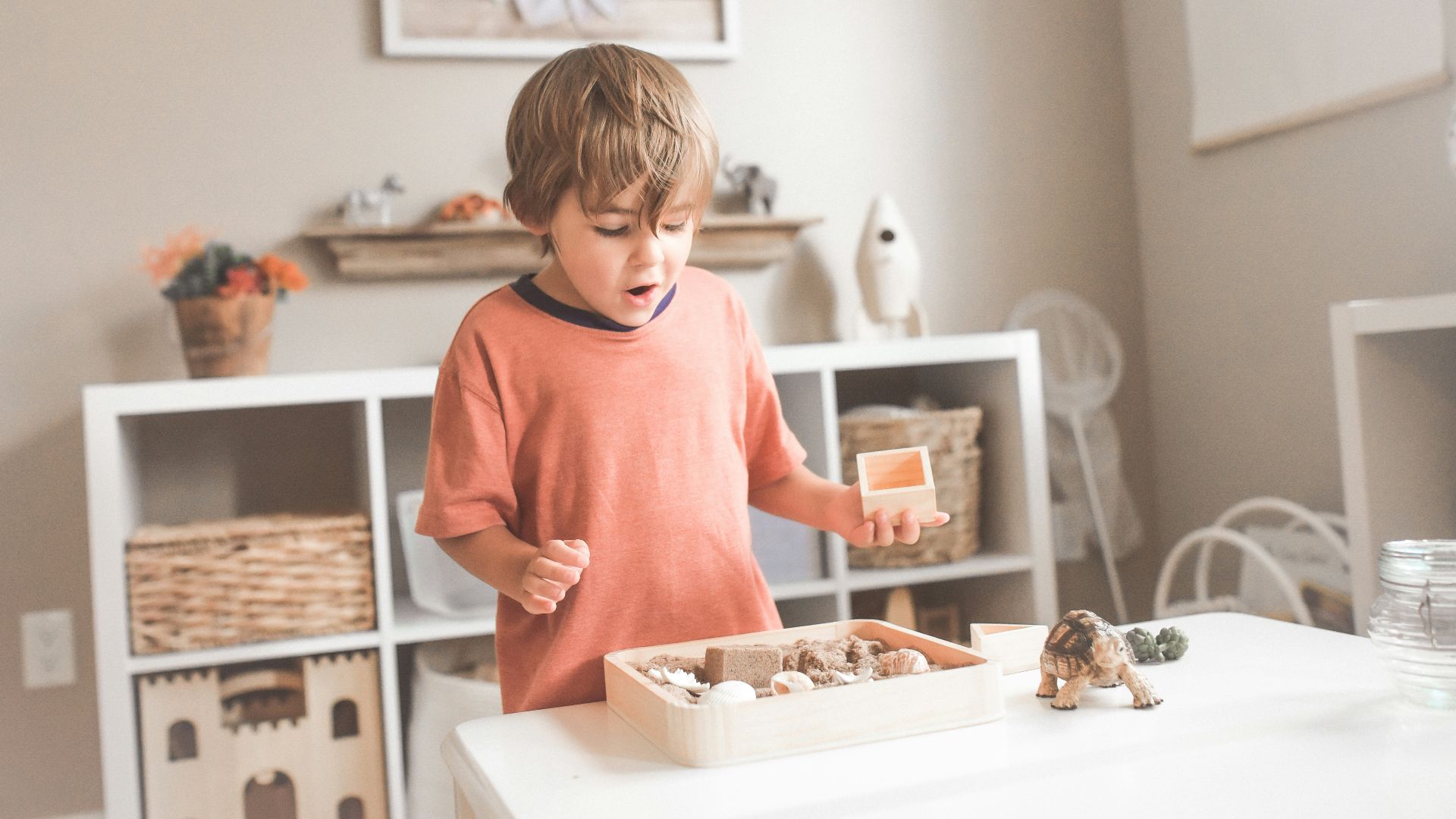10 Popular Parenting Trends We Hope Won't Last & 10 Healthy Ones We're All For
There's No "One-Size-Fits-All" To Parenting
Whether you're a parent or never having kids, you no doubt have some opinions on other people's parenting styles. While each generation has its own ideas about parenting, millennials are the first to make theirs so public, being the first generation of parents to have social media at their fingertips. While it's important to keep in mind that each child is unique, some parenting trends like unschooling and sharenting seem like obviously bad ideas. However, luckily, there are plenty of healthy ones out there to restore your faith in this generation of parents. Here are 10 popular parenting trends we hope don't stick around and 10 healthy ones.
1. Hyper-Academic Preschooling
The world is a competitive place, and while we understand the desire to educate your kids so they're prepared for the challenges of the real world, does it have to start in preschool? Some parents are so hyper-focused on their kids' education, they forget to let them have a childhood.
2. Helicopter Parenting
Helicopter parents are those who are too involved in their kids' lives to the point where they don't allow them to have any freedom or independence. This can interfere with a child's ability to develop problem-solving skills.
3. Sharenting
Parenting that involves over-sharing photos and information about your children on social media is referred to as sharenting. Parents can go so overboard that they involve their kids in TikTok pranks and turn them into child influencers before they're old enough to consent.
4. Sleep Training
Sleep training is a method of teaching babies to fall asleep and stay asleep by themselves, often by letting them "cry it out", not rocking them to sleep or tending to them when they wake up in the night. While this can help lead to improved sleep for both babies and parents, it's pretty controversial, with potential long-term mental health effects for the baby.
5. Attachment Parenting
On the opposite spectrum is attachment parenting, which emphasizes physical closeness like baby-wearing and co-sleeping. It also involves being hyper-responsive to a child's needs. Not only is it exhausting for the parent, but it creates over-dependency in children.
6. Unschooling
Unschooling is like homeschooling but with zero structure. While it encourages children to explore their interests, it's been criticized for not providing them with a well-rounded education and leaving them ill-prepared for the world.
7. Soft Parenting
Soft parenting is like gentle parenting on steroids. While it emphasises empathy and emotional development, it completely avoids negative words like "no" and "bad," which critics say makes children entitled, unable to understand boundaries, or learn self-control.
8. Screen-Free Parenting
While we're all for limiting a child's screen time, screen-free parenting is like hiding your head in the sand. Screens are everywhere, and there's no way your kid isn't going to get their hands on one, so you may as well use technology to your advantage as a teaching tool.
9. No Vaccine
Some parents choose not to vaccinate their kids or to vaccinate them later than the standard timeline. This puts both the child and the community arisker of contracting sometimes deadly diseases.
10. Almond Mom
Almond mom is a parenting style that involves modeling restrictive eating practices onto children. Whetheit'sts an obsession with clean eating or unhealthy attitudes towards food or body image, it can contribute to children developing an eating disorder or other mental health issues.
Now that we've gone over the unhealthy parenting practices we wish would fall off already, let's talk about the healthy ones to incorporate.
1. Gentle Parenting
Gentle parenting is a type of parenting popularized by millennials. It emphasises empathy, respect, understanding, clear boundaries, and open communication. It's been known to build a strong parent-child bond, increase a child's self-esteem, and improve emotional intelligence.
2. Emotion Coaching
Emotion coaching involves teaching your children to acknowledge and effectively deal with their feelings. It starts with noticing your child's emotions and addressing them with your child. It helps your children become masters of their emotions, develop problem-solving skills, and develop empathy.
3. Positive Discipline
Parenting with an iron fist isn't ideal for either parent or child and can even cause your kid to grow up resentful. Positive discipline involves teaching children through positive reinforcement instead of punishment, emphasising respectful communication, teaching, and guidance.
4. Mindful Parenting
While it may not be possible 24/7 in your busy life, try to set aside time every day to be fully present during interactions with your child, actively listening, being attentive, reflecting, and taking time to choose responses. This may involve turning off your phone and other distractions. Mindful parenting can build stronger parent-child connections.
5. Free-Range Parenting
Free-range parenting allows children the freedom and independence to figure things out for themselves, (almost) free of supervision. This type of parenting promotes independence and trust between parent and child, forcing parents to relinquish control and accept that their child will face some challenges, having faith that they'll learn from and overcome them.
6. Lighthouse Parenting
Lighthouse parenting sits somewhere in between helicopter and free-range parenting. The idea is to act as a stable source of guidance for your children without getting in the way of their independence and learning.
7. Empathy-Informed Parenting
Empathy-informed parenting involves actively listening to your child and showing compassion with the aim of understanding and properly responding to your child's emotions. It's based on recognizing your child's feelings as opposed to getting frustrated or angry because your child is being difficult.
8. Minimalist Parenting
Minimalist parenting focuses on minimizing distractions in a child's life, particularly through decluttering their environment. The idea is to teach your child to value simplicity, connection, and mindfulness.
9. Slow Parenting
Like minimalist parenting, slow parenting also emphasizes quality time, but instead of focusing on decluttering the child's environment, it emphasizes slowing down the pace of life. It involves allowing time for unstructured play to encourage your child to discover their interests.
10. Collaborative Problem-Solving
Collaborative problem-solving in parenting involves children and parents working together to find solutions to challenges instead of dictating rules and solutions. It fosters respect, empowerment, open communication, and empathy.


